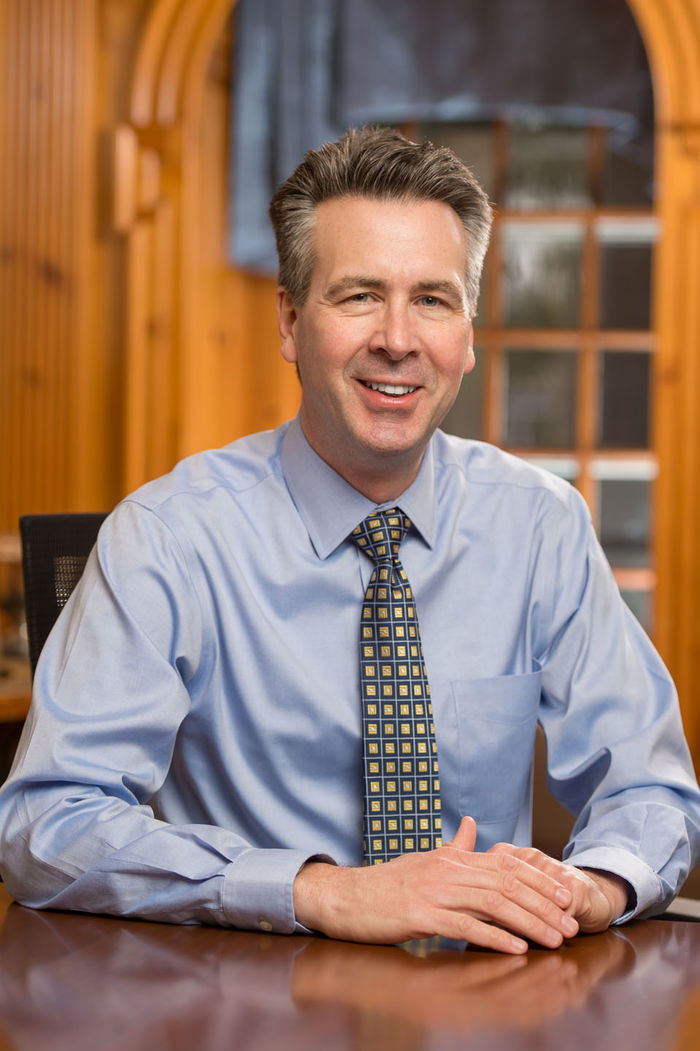The October episode of my “Behrend Talks” podcast featured former Gov. Tom Ridge, who led Pennsylvania from 1995 to 2001 and later served as the first Secretary of Homeland Security. He didn’t hold back: His comments about election security, the Black Lives Matter movement, and the winner-take-all approach to modern politics support the notion that our nation has fallen short.
This passage particularly resonated with me:
“We need to get back to respectful conversation and debate,” Ridge said. “That is an essential part of the college experience—those conversations over lunch, or dinner, or in the dorm rooms, where you push and probe and challenge each other through a rigorous exchange of views. It makes you sharpen your own thinking and more deeply consider your own point of view.”
The opportunity for face-to-face debate may be limited in our current COVID environment, where facemasks and social distancing physically separate us, but our students continue to open themselves to new perspectives. Our Global Boarders program offers virtual language seminars and group discussions of world events. Our classes and clubs are using Zoom to connect with an international cadre of guest lecturers, now that travel is no longer expected. They’ve heard from a Russian dissident, from a British lord who served in the cabinets of Margaret Thatcher and John Major, and from executives of KeyBank and BNYMellon.
The college’s cultural programming, from the Harambee dinner to the Rhythms of Life Series, which features music, dance, and storytelling from all regions of the world, softens our sense of geographic difference. The exposure to different traditions can shift not only our perceptions but those of an event’s hosts: Following the death of George Floyd, in town-hall meetings on race and inequality, several students of color suggested that a simple first step—attending one of their campus events—would begin to broaden the conversation about the many ways we are alike, even when we think we are not.
One dinner or dance recital won’t bridge our differences. No single thing will. The largest issues facing our nation—climate change, racism, health care, and income inequality—also vexed the generations that came before us. What’s new is the expectation of a quick fix. We have had so much, for so long, that we have come to assume that we can as a country develop a vaccine, or a patent, or a judicial precedent that instantly will make everything better.
That thinking overlooks the diversity of the world in which we now live, where the “right” answer to any given
problem will never be right for everyone.
For our part, here at Behrend, we need to keep the conversation going, in the dorm room and the dining hall and on the paths across campus. But we also need to commit to listening, to learning from the experiences of one another, and to taking action to improve our world.
If you have thoughts or ideas, I invite you to share them with me.
Chancellor Ralph Ford
